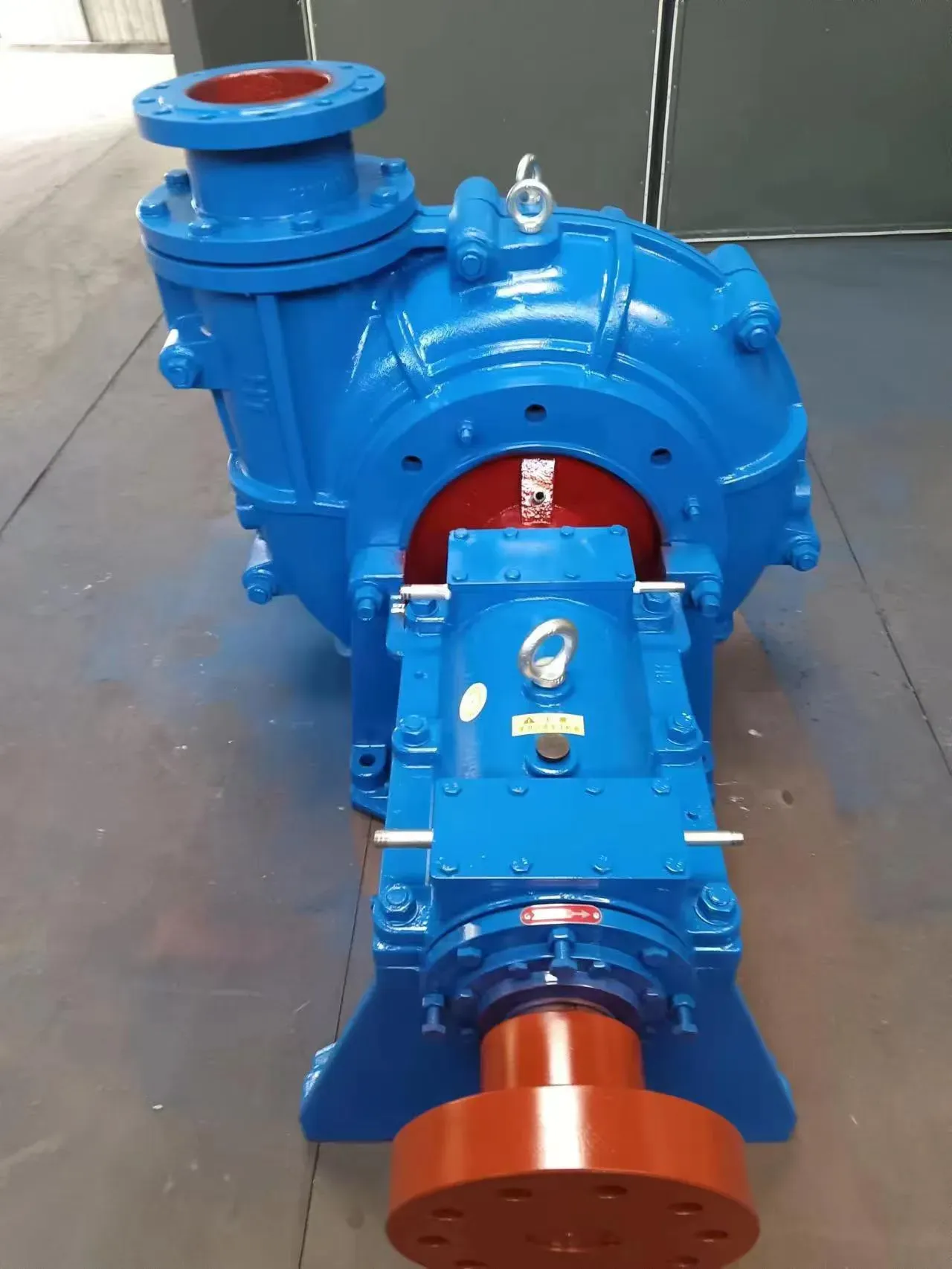Urdu
- Afrikaans
- Albanian
- Amharic
- Arabic
- Armenian
- Azerbaijani
- Basque
- Belarusian
- Bengali
- Bosnian
- Bulgarian
- Catalan
- Cebuano
- Corsican
- Croatian
- Czech
- Danish
- Dutch
- English
- Esperanto
- Estonian
- Finnish
- French
- Frisian
- Galician
- Georgian
- German
- Greek
- Gujarati
- Haitian Creole
- hausa
- hawaiian
- Hebrew
- Hindi
- Miao
- Hungarian
- Icelandic
- igbo
- Indonesian
- irish
- Italian
- Japanese
- Javanese
- Kannada
- kazakh
- Khmer
- Rwandese
- Korean
- Kurdish
- Kyrgyz
- Lao
- Latin
- Latvian
- Lithuanian
- Luxembourgish
- Macedonian
- Malgashi
- Malay
- Malayalam
- Maltese
- Maori
- Marathi
- Mongolian
- Myanmar
- Nepali
- Norwegian
- Norwegian
- Occitan
- Pashto
- Persian
- Polish
- Portuguese
- Punjabi
- Romanian
- Russian
- Samoan
- Scottish Gaelic
- Serbian
- Sesotho
- Shona
- Sindhi
- Sinhala
- Slovak
- Slovenian
- Somali
- Spanish
- Sundanese
- Swahili
- Swedish
- Tagalog
- Tajik
- Tamil
- Tatar
- Telugu
- Thai
- Turkish
- Turkmen
- Ukrainian
- Urdu
- Uighur
- Uzbek
- Vietnamese
- Welsh
- Bantu
- Yiddish
- Yoruba
- Zulu
Telephone: +86 13120555503
Email: frank@cypump.com
ستمبر . 11, 2024 15:11 Back to list
Horizontal Froth Slurry Pump Factory | High-Quality Slurry Pumps
Understanding Horizontal Froth Slurry Pumps A Factory Overview
Horizontal froth slurry pumps play a pivotal role in various industries that require the efficient transfer of abrasive and corrosive materials. These specialized pumps are designed to handle slurries—mixtures of solid particles and liquids—especially those that contain froth or foam. The importance of such pumps cannot be overstated, as they are integral to processes in mining, mineral processing, wastewater management, and other sectors.
Operation and Design
The design of a horizontal froth slurry pump emphasizes the unique challenges posed by frothy mixtures. Traditional pumps struggle with frothy slurries, as bubble formation can lead to issues like cavitation, reduced efficiency, and blockages. Horizontal froth slurry pumps are engineered with features to overcome these challenges. The pump's impeller and casing are designed with specific geometries that minimize bubble formation and promote the effective movement of slurry. Additionally, the horizontal arrangement allows for easy access during maintenance and minimizes the risk of air entrapment, which can severely impact performance.
Factory Production Process
Creating a high-quality horizontal froth slurry pump requires a meticulous manufacturing process. Factories specializing in these pumps utilize advanced materials and cutting-edge technology to ensure durability and efficiency. The manufacturing process begins with the selection of high-grade materials that can withstand abrasive wear and corrosive environments. Common materials include high-chrome alloy and elastomers, which offer excellent resistance to degradation.
Once the materials are selected, precision machining takes place. This involves cutting, shaping, and assembling the pump components with high accuracy to ensure optimal performance. Computer Numerical Control (CNC) machines are often employed to achieve the necessary precision. After the components are fabricated, they undergo rigorous quality control testing to ensure they meet industry standards.
horizontal froth slurry pump factory

Testing and Quality Assurance
Quality assurance is a critical stage in the production of horizontal froth slurry pumps. Each pump is subjected to various tests, including hydraulic performance tests and durability evaluations under simulated operational conditions. This ensures that pumps can handle the specific demands of frothy slurries in real-world applications. Manufacturers often produce detailed reports outlining the performance metrics of each pump, providing essential information for clients.
Applications and Benefits
The applications of horizontal froth slurry pumps are vast. In the mining industry, they facilitate the transportation of mineral concentrates and tailings, ensuring efficient operations. In wastewater treatment plants, they manage sludge and other byproducts, contributing to environmental sustainability.
The benefits of using horizontal froth slurry pumps extend beyond operational efficiency to include reduced maintenance costs, extended service life, and improved safety for operators. By minimizing the risk of blockages and cavitation, these pumps significantly improve productivity and reduce downtime in manufacturing and processing plants.
Conclusion
In conclusion, horizontal froth slurry pumps are highly engineered products that serve crucial roles in various industries. Their design addresses the unique challenges of handling frothy slurries, ensuring efficient and reliable operation. With continuous advancements in technology and manufacturing methods, these pumps are set to improve even further, meeting the ever-evolving demands of industrial applications. As industries grow, the significance of reliable slurry transportation solutions remains paramount, making horizontal froth slurry pumps an invaluable asset in modern manufacturing.
-
High-Performance Air Pumps for Sand & Gravel | Efficient Transport
NewsAug.03,2025
-
ISG Series Vertical Pipeline Pump - Chi Yuan Pumps Co., LTD.|Energy Efficiency, Corrosion Resistance
NewsAug.03,2025
-
ISG Series Pipeline Pump - Chi Yuan Pumps | Energy Efficiency&Compact Design
NewsAug.03,2025
-
ISG Series Vertical Pipeline Pump - Chi Yuan Pumps Co., LTD.|High Efficiency, Low Noise, Durable
NewsAug.02,2025
-
ISG Series Vertical Pipeline Pump - Chi Yuan Pumps | High Efficiency, Low Noise
NewsAug.02,2025
-
ISG Series Vertical Pipeline Pump- Chi Yuan Pumps Co., LTD.|High Efficiency&Compact Design
NewsAug.02,2025










